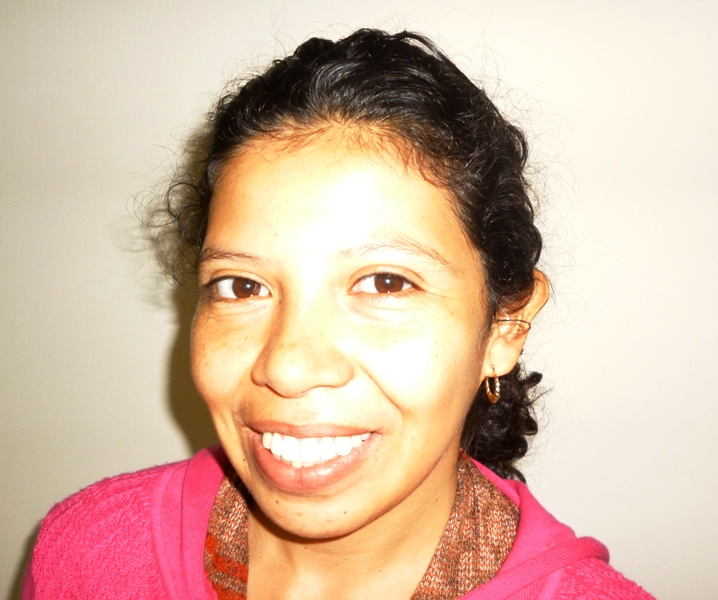
‘We are all workers, we all have the right to organize into a union’
What is your role in your national movement?
I am an activist in the Guatemala YCW coordination team. We are a small team of activists coordinating the activities of the groups.
What are the main activities of the Guatemala YCW presently?
Our priorities are the personal actions carried out at our workplaces. In addition, we are working at extending the movement. We are now in an investigation and initiation process in another two cities and we are following up new base groups which have been set up in the metropolitan area of Guatemala City (the capital).
What is your personal experience of action?
I have almost always worked for the government. There is a problem of flexibilization there. They give work contracts that enable them to reduce the workers’ rights. In my last job in a human rights institution, most workers did not have access to established labor rights. It was a human rights institution, so there was a huge contradiction there!
The election year was approaching and in Guatemala, a change of government usually leads to a change of the whole personnel in public institutions. We were therefore faced with the threat of dismissal and we knew that a military government might return to power. We finally decided to form a trade union with 3 objectives.
What were those 3 objectives?
The first one, more personal, was to defend our right to work, our right to continue working because we were doing a good job.
The second one was to set a precedent, to show that despite the type of contract we had, we could get together and organize into a union because in Guatemala, only permanent workers are supposed to be allowed to do that. We were saying: “No, we are all workers, we all have the right to organize into a union.”
The third one, which was more a matter of general principle, was the defense of human rights. We were saying: “If a military government is back to power today, we must denounce human rights violations, we must play a more critical role regarding what the state institutions do.”
So we formed a trade union. The institution employed around 150 workers and 43 were members of the union, i.e. around one third if you include the other people who were supporting us. We developed two strategies: we created a union as an administrative entity allowing us to negotiate, and then we put forward a list of social demands.
We asked for job stability, the elimination of the differences between contracts, and the recognition of legally established rights for all workers. In case of dismissal, we demanded negotiations within a negotiation committee made up of workers and management officials to examine each case. We demanded a salary increase because many of us were not even getting the minimum salary. And we asked them to improve the facilities because we were working in a hazardous building.
And what happened with the new government?
All our negotiations were conducted with the new government, and we obtained job stability for another year. Otherwise most of us would have been dismissed immediately. We managed to negotiate a few things, for instance cases of dismissal, harassment, postnatal leave, using international conventions and national laws.
Are you still working in that institution?
No, I had to leave. But the IYCW is still supporting the process from a distance.
You just said that the trade union had used international conventions. You came to Europe and took part in the ILO Conference last June. What did you learn there? And do you think that the voice of the working youth is heeded over there?
Yes, of course it is heeded. We were told that the most important thing was to get that participation because all statements are included in the report. For me, this ILO participation was a very interesting process: not only for being here and spending 10 days at the conference, but because it was part of a broader process. In the Americas, we followed a coordination process through Skype or email, a specific approach to know the actions developed by each one and the political stands of the countries. But first we discussed the request made by the IYCW to send someone to the conference. We decided that it was important to go there to denounce our reality and make it known. It is also important because it has an international dimension that does not always reach us. Sometimes we have the feeling that our struggle and our demands are somehow more concrete, more direct, but we also need to find a way to express our demands in words that are used at the international level.
This was a learning space for me.
Who did you discuss the young workers’ problems with in Geneva?
I was in the Committee on Social Protection in the New Demographic Context. There were some interesting discussions. I liked that a lot. It seemed to me that the workers were very well organized, their defense was prepared thoroughly compared to the employers and the governments.
We [the IYCW] participated. We had written a document with all the demands we had in the Americas and I read the text. And our demands appear in the final document of the conference.
One may think that nobody listens to you over there, that nobody pays attention because when we took the floor it was 7 or 8 pm, but actually, when we spoke with people in the following days, they said to us: “I listened to your statement… Very good indeed!”
In the Standards Committee which examines more concrete cases, I also had the opportunity to speak with the delegation of Guatemala – my country – and to discuss with the official delegate of the trade union to put some pressure on him. In addition, we had meetings with other international organizations and youth movements.
This really was a beautiful experience.

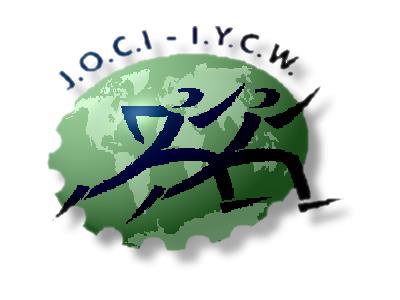

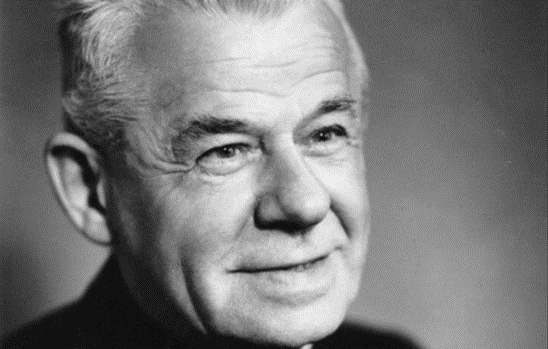
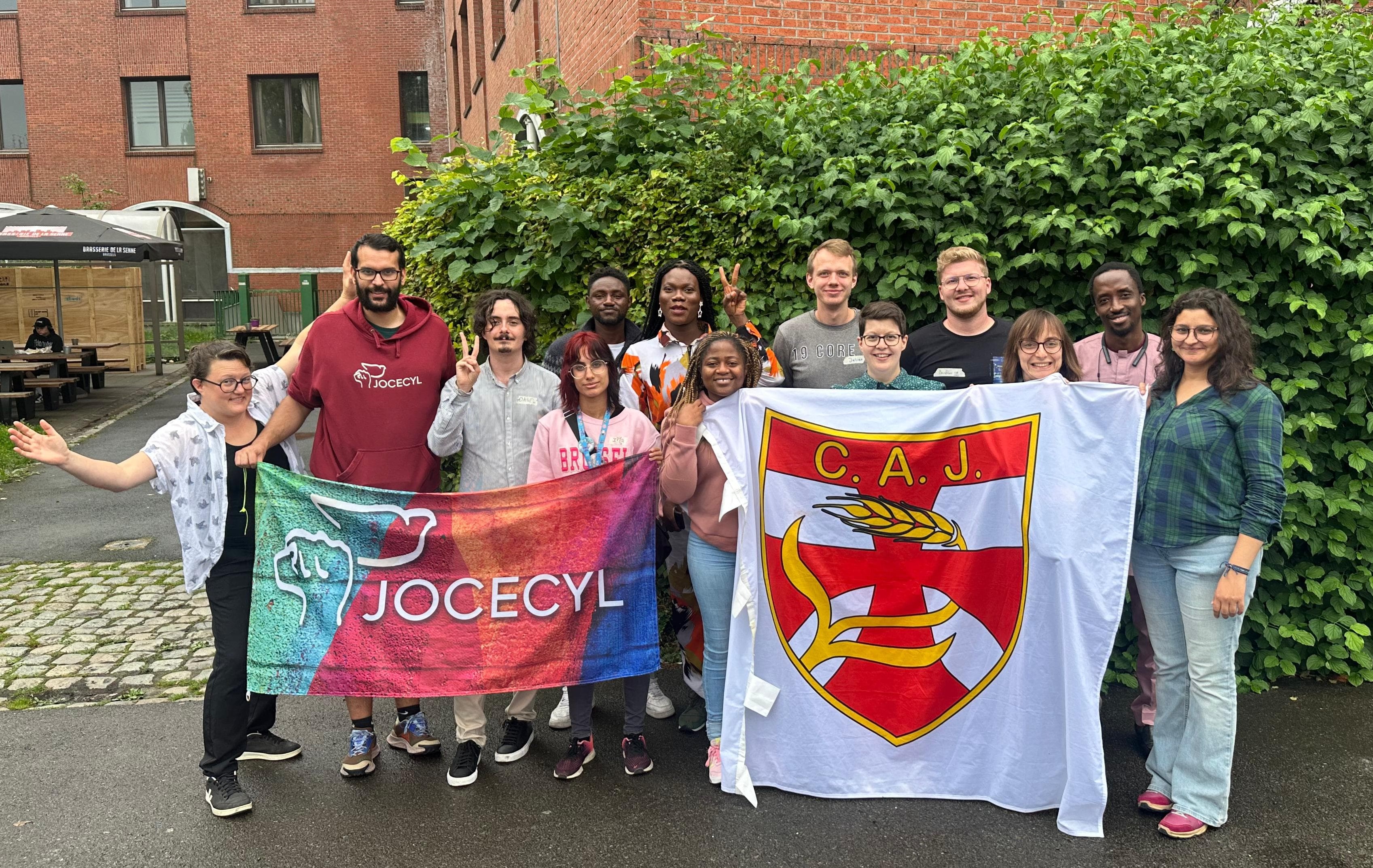
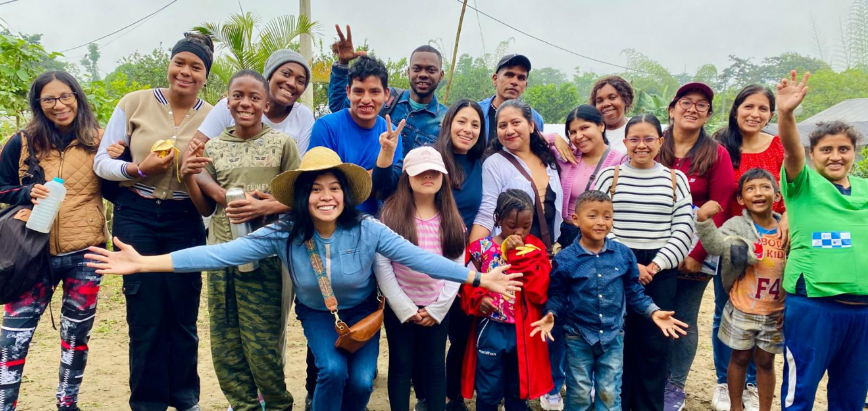
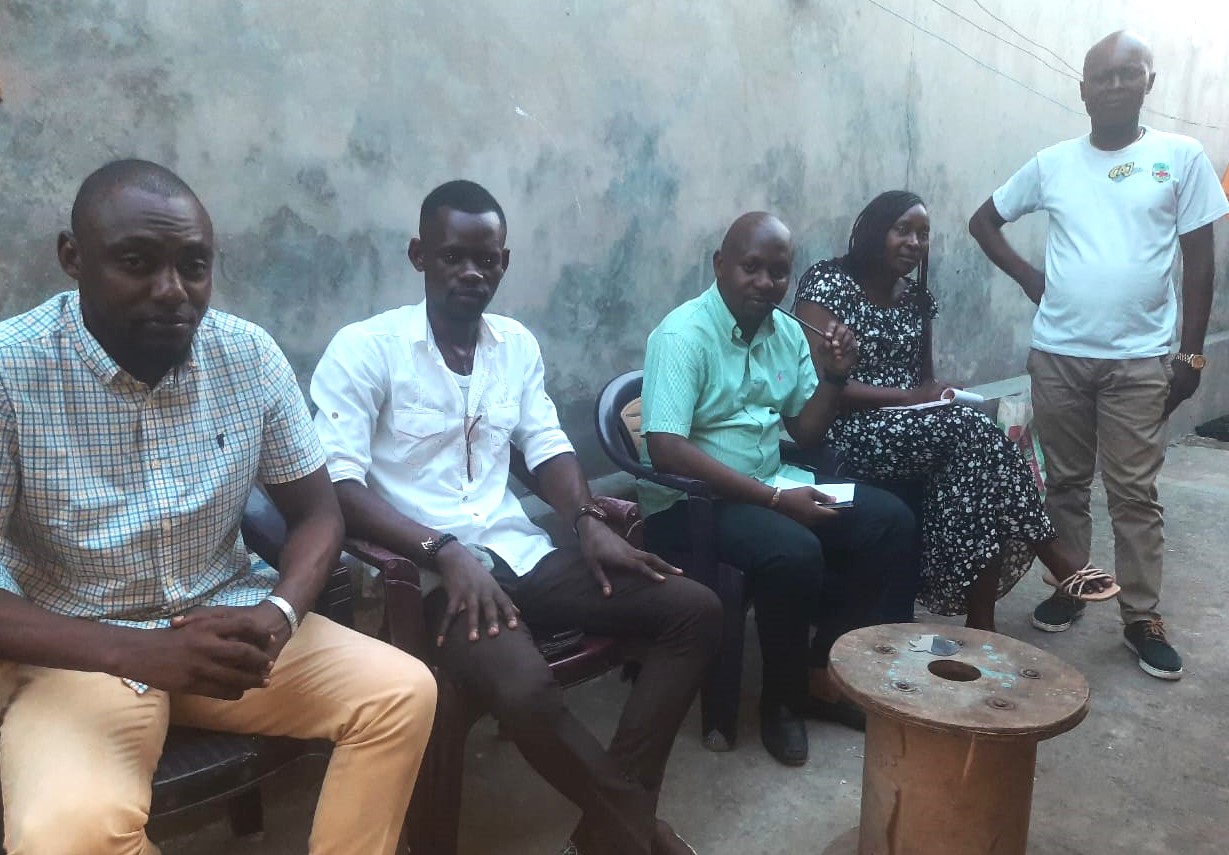
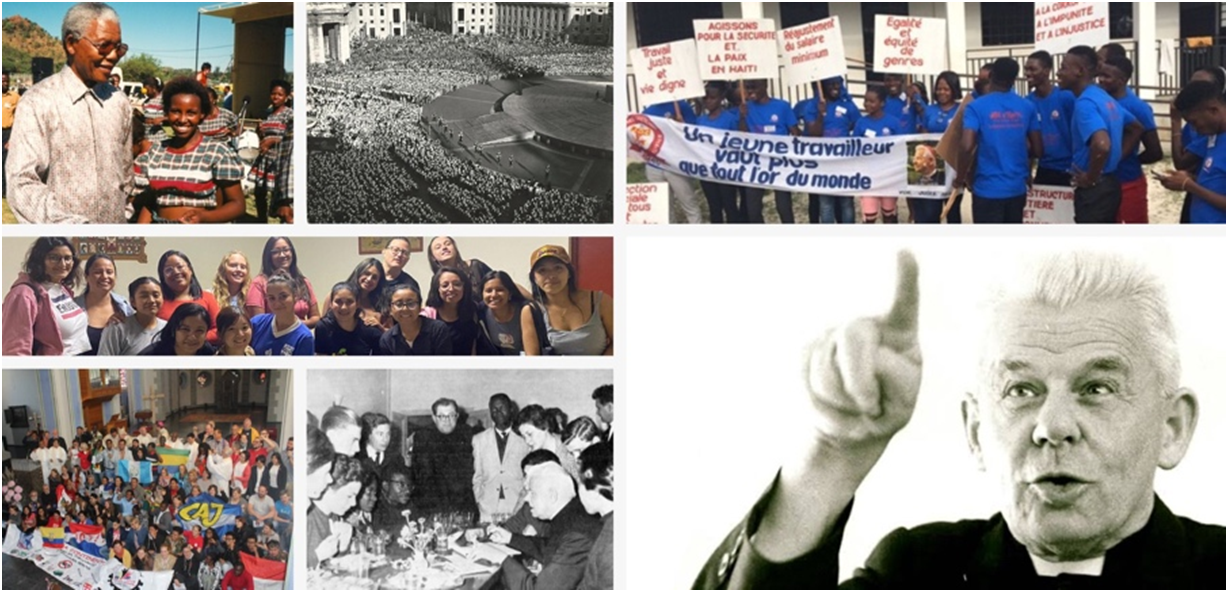
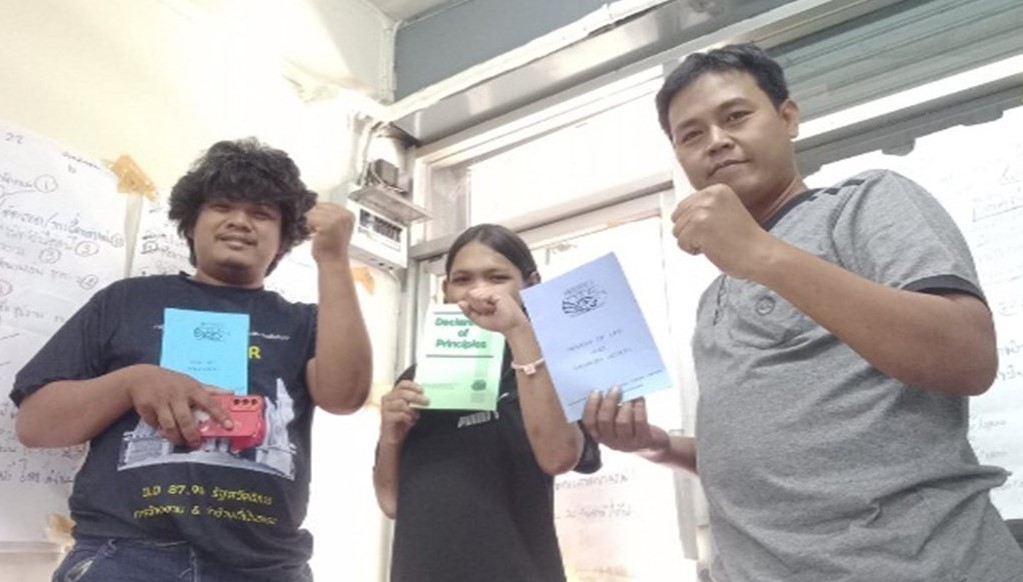
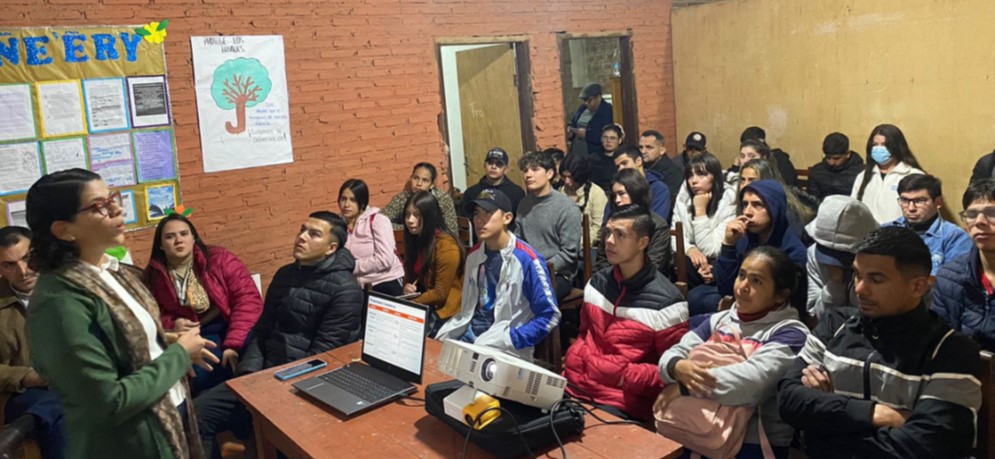
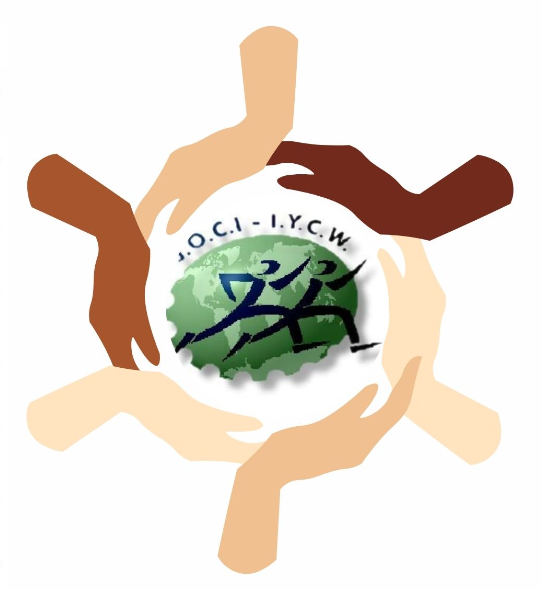

 English
English  Español
Español  Français
Français